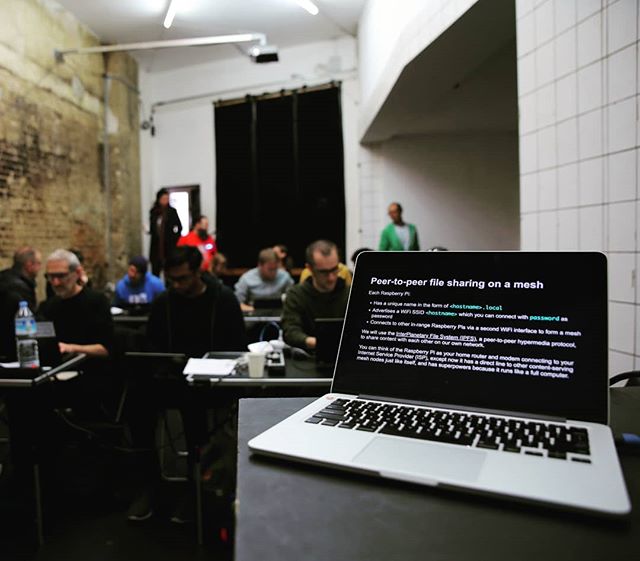I/O/D represents the coming together of Matthew Fuller, Colin Green, and Simon Pope. The group began their Web activism in 1994, with multimedia presentations via floppy disk. Their work became infamous for engulfing a computer, reducing it to a frustrating series of seemingly random generated dialogue boxes that would often crash the system. Soon after, I/O/D made the Web its target with The Web Stalker. A new type of browser, The Web Stalker offered a completely different interface for moving through pages on the World Wide Web. The user opens a URL, then watches as the "Stalker" blows open the structure and source code for that Web site, stripping the site of all content and design, and leaving only a two-dimensional mnemonic showing a skeletal map of how the Web is linked together. [1]
I/O/D 4: The Web Stalker was a new kind of web browser that decomposed websites into separate sets of entities. The texts of the site were treated as the primary resource, but were stripped of most of their formatting. Links from one file to another were mapped in a network diagram, which allowed users to visualize their path through the clusters, skeins, and aporias of files. This Map built dynamically as a Crawler function gradually moved through the network. We saw the logical structure of websites, established by the links in and between them, as another key resource, and we wanted the software to act in a modular manner, with users calling up functions, each with their own separate window, only when they needed them. [2]
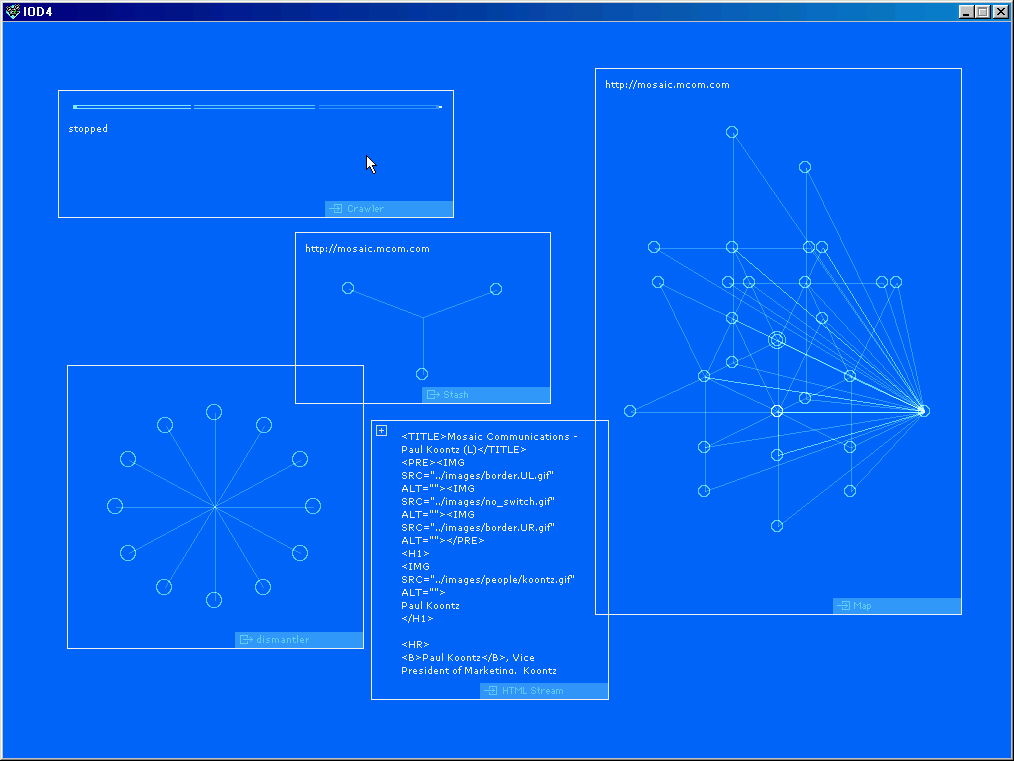
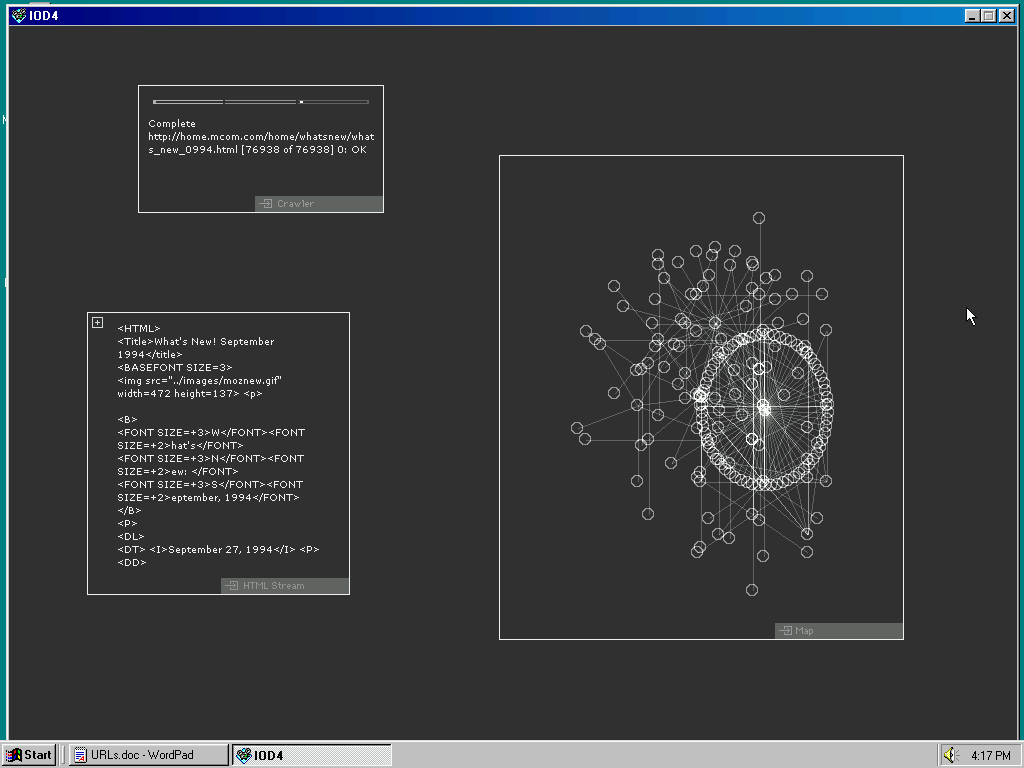
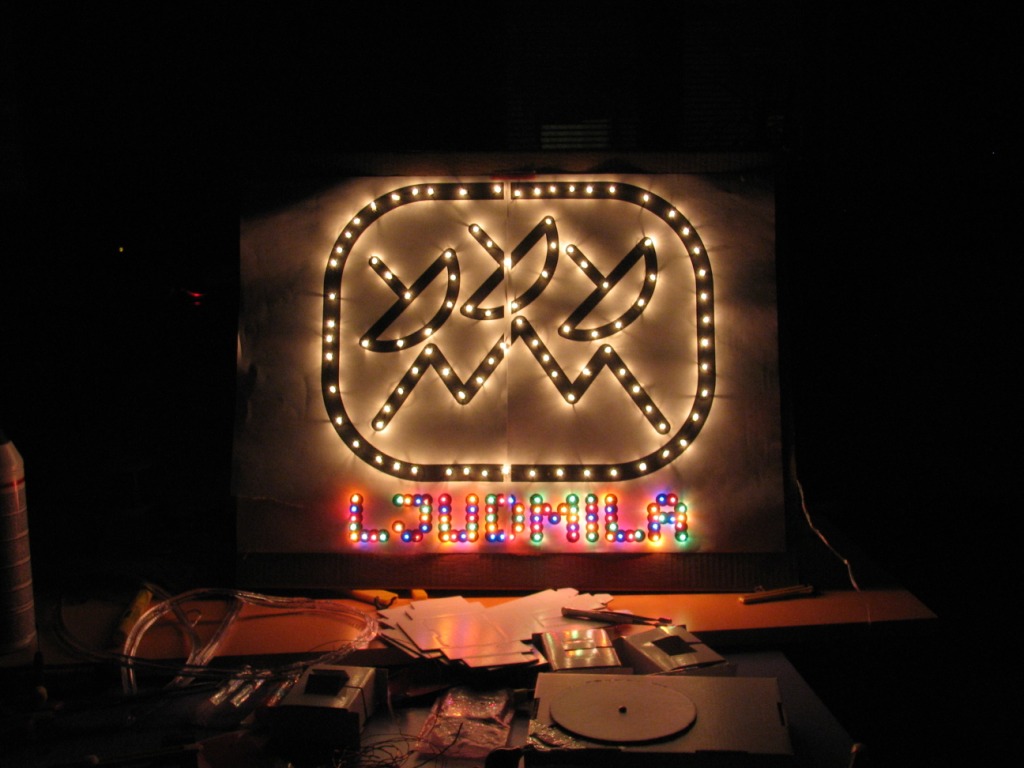
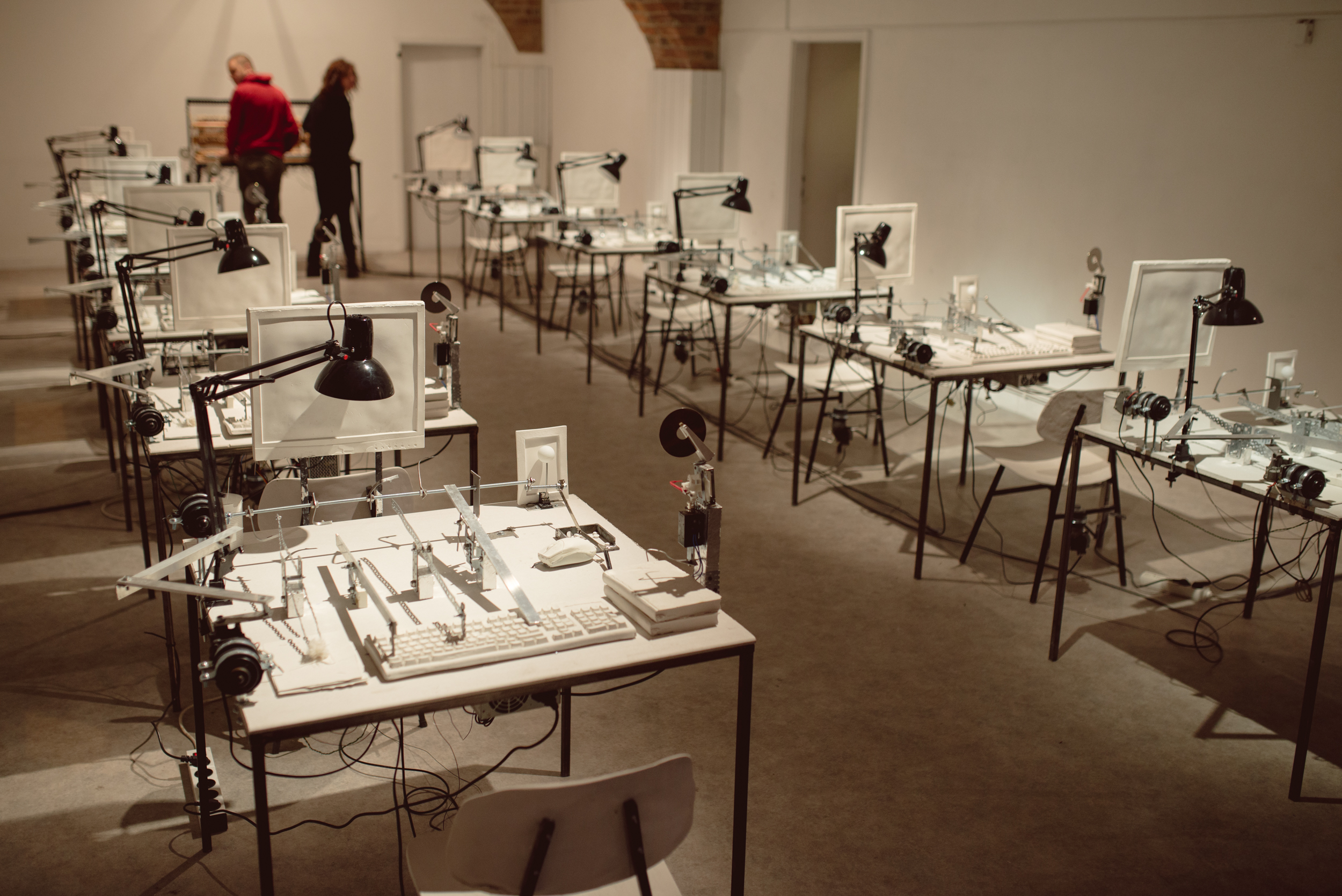
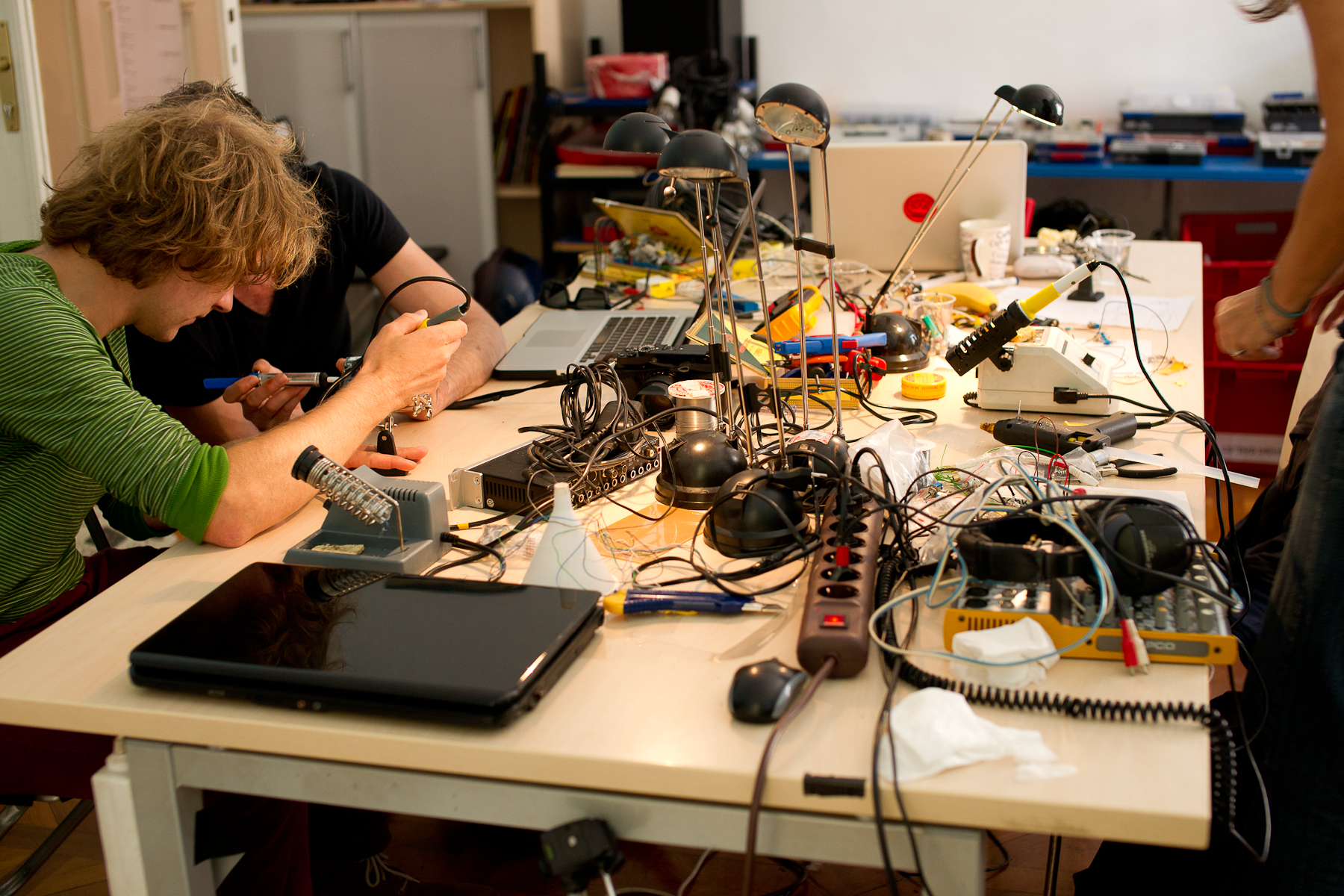
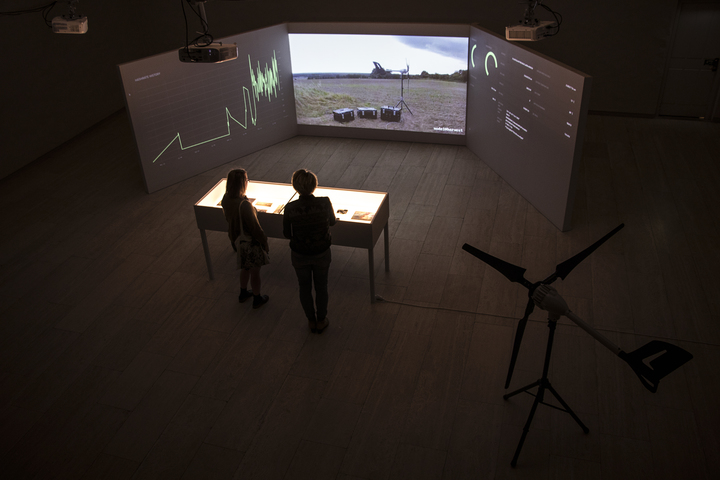
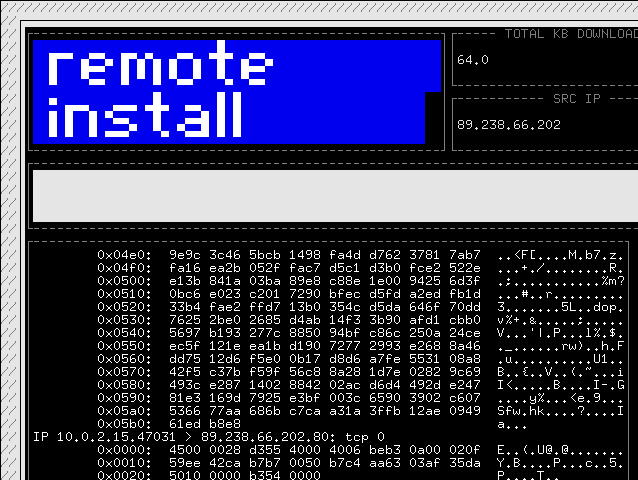
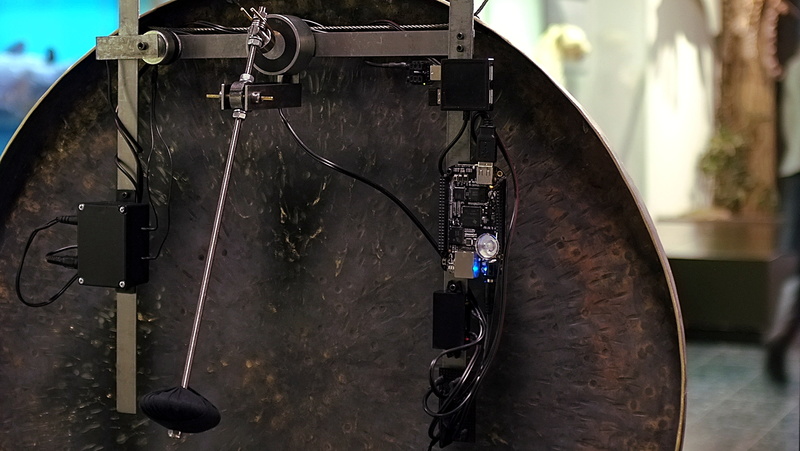

.jpg)
